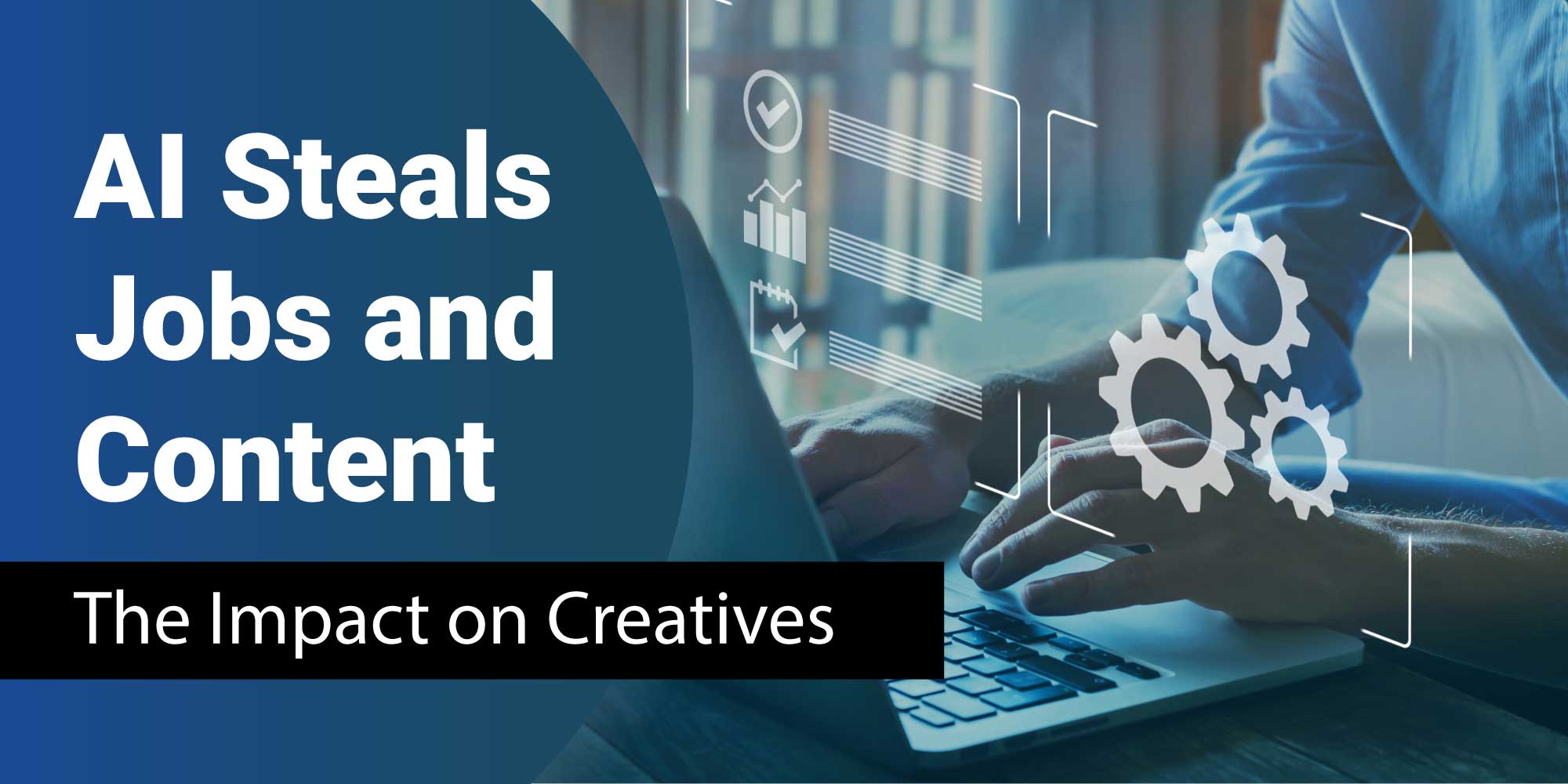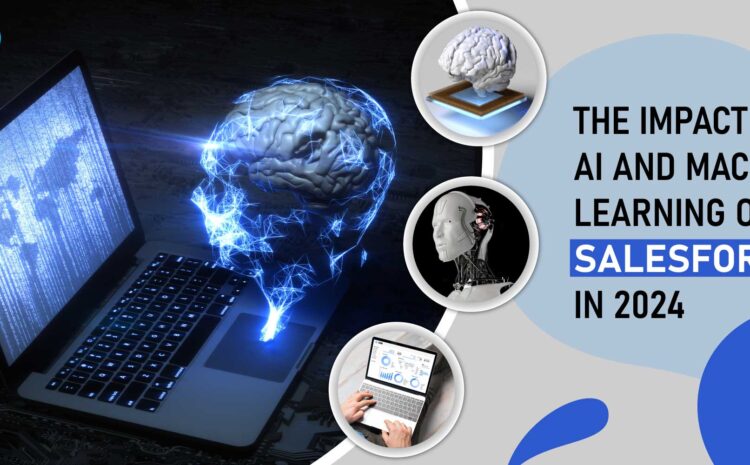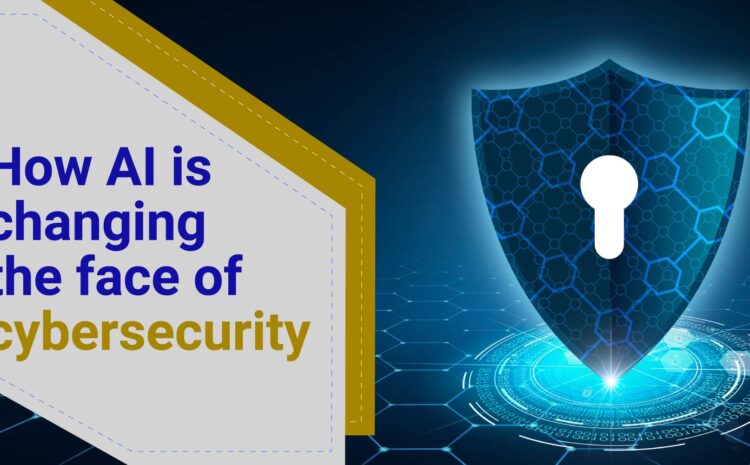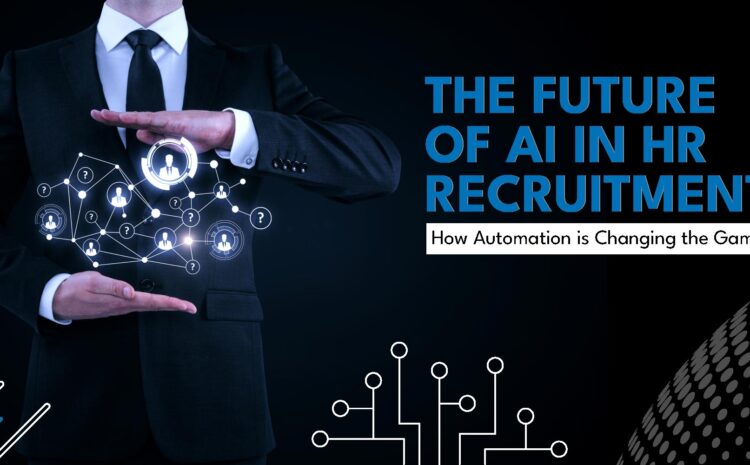Hello, and welcome to the blog! Today, we’re discussing something that’s been a hot topic on a lot of people’s minds: How AI Steals Jobs. and how it has the potential to do a lot of damage (and already is in some cases). If you’re ready, grab a cup of something warm, snuggle down with your favorite blanket, and read on.
AI stands for artificial intelligence, but what a lot of folks may not understand is there’s a human behind the creation of the AI and how it gains content. This can be either by manually feeding the program things from the human’s mind or, more commonly, telling the AI to catalogue the internet for content.
It’s the second part of that setup which causes the issues everyone is ranting about. AI has no brain, so to speak, so it only knows what it can learn from reading what other people have written. Read that again. There’s no creativity there. All it can do is take what’s been done before and piece it together in a new way.
But that’s what artists and writers do, right?
Kind of, but there’s an element to a creative brain that takes this idea from that artwork and that idea from another and change it to fit something new. In other words, you take the idea OF a clock and the idea OF a dream scene, and you change how they’re put together, the color, and the medium to create an original work of art.
This isn’t what AI does. It takes what that artist did, line for line, and combines it with what another artist did, also line for line. While this may make something that appears new, it’s literally just stealing separate pieces of art and combining them, as is, into a “new” artwork.
Just as bad, AI that can compile a story is scraping ebooks and other online writings for whole paragraphs. It then copies and pastes them into a “new” compilation. This is straight up plagiarism.
It takes a novelist months or years to write a book—not including editing or other things that go into the publishing process, and once that book is published in digital format, AI scrapes the text, holding it in a memory bank, waiting for someone to ask for anything that matches. Then sections of the text are yanked out and compiled with another writer’s work, spitting out something that appears new but isn’t.
For every person that uploads a photograph to get a cool new profile pic for some social media site or another, they end up contributing to the AI’s stored bank of images. That means, pieces of their faces (or the whole thing) can then be used to compile another artwork elsewhere.
Can you imagine suddenly seeing your face on the cover of a book or magazine because the person publishing used AI to create the cover? That’s a very real possibility.
For every writer that uploads a book for sale or publishes a blog post, there’s also a very real possibility they’re contributing to the AI’s stored bank of writings. Those texts can then be published, and the person publishing them can make money off what someone else did that was stolen.
AI is cheaper and takes less time, and people are already using it for the exact things listed above.
There’s a huge problem with this because they’re not disclosing that they used AI to compile the thing they’re marketing, and (in the case of book covers specifically) these artworks are being sold, used, and published.
Imagine buying a book cover only to discover it’s nearly identical to six others.
This is a thing that’s happening.
Not only is AI stealing the work of humans that came before it, it’s also stealing their income because it’s cheaper and takes less time (as mentioned above).
An amazing Indie book cover artist can charge upward of $2k (and they’re worth every penny), and newer cover artists charge anywhere under that amount, down to about $100 for a digital cover.
AI does it for around twenty bucks, and while the covers are beautiful, they’re lacking the one thing AI can’t have: creativity.
What this means is all those artists and writers will have to either charge less or get out of the business altogether. This will create a two-fold problem: First, there will be no more art or writings to fuel the AI’s outputs, and second, there will be no more originality—everything will be compiled of something someone did before.
If this worries you, you’re listening, and you get it. If it doesn’t, you’re not quite grasping the potential damage AI can do in the creative world.
We hope you enjoyed reading this blog post, and we hope to fuel some discussion around this topic. If you haven’t seen the discussions already taking place, dig a little deeper online.
That’s all for today! Thanks for reading and giving us a few minutes of your time. While you’re here, be sure and check out some of our other posts. There’s a ton of good reading hanging out here. Until next time!




